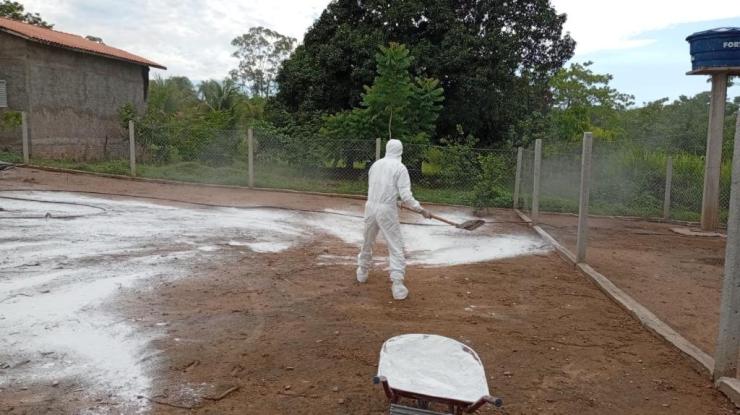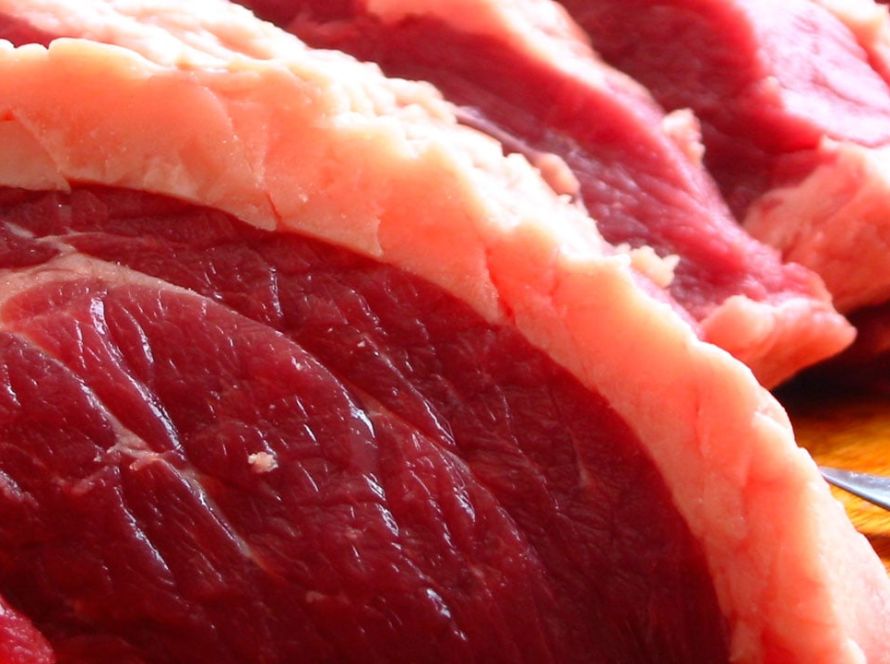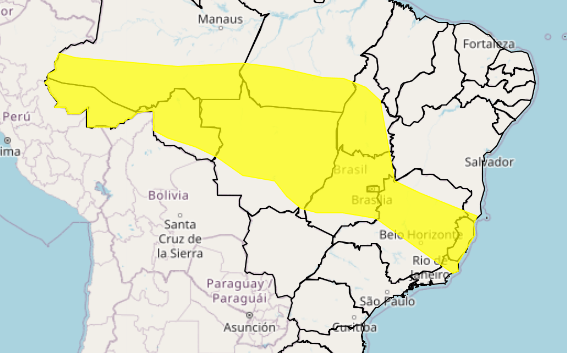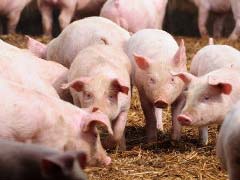The Government of Mato Grosso do Sul, through Semadesc (Secretariat of Environment, Development, Science, Technology and Innovation), held the second virtual meeting to monitor Avian Influenza with representatives of the states that make up Codesul (Southern Development and Integration Council): Mato Grosso do Sul, Paraná, Santa Catarina and Rio Grande do Sul.
The action reinforces the joint effort of prevention, containment and coordinated response to the health threat to Brazilian poultry farming. The meeting was coordinated by the deputy secretary of Semadesc, Artur Falcette, and was attended by Iagro (State Agency for Animal and Plant Health Defense), state secretariats, agricultural defense agencies, producers, industries and associations in the sector, and was marked by the sharing of experiences and strategies in force in the states.
Former governor of Paraná and current secretary of Codesul, Orlando Pessutti, also attended the meeting.
“We coordinated this second joint meeting with the aim of expanding interstate coordination in light of the current cases of Avian Influenza. We had an overview of the actions in Mato Grosso do Sul, with a technical presentation by inspector Kamylla Silveira, from Iagro, who detailed the state’s rapid response and preventive efforts,” highlighted Artur Falcette.
The inclusion of animal health agencies from the states of Paraná, Santa Catarina and Rio Grande do Sul in the meeting held by the Government of Mato Grosso do Sul was proposed by Secretary Jaime Verruck, from Semadesc. “The participation of Codesul is essential for the joint articulation of the member states of the bloc and for the construction of a coordinated response to face the risks of Avian Influenza”, highlighted Verruck.
During the meeting, it was reported that two suspected cases identified in Mato Grosso do Sul during the previous weekend were investigated and discarded. According to Iagro data, until May 25, 2025, the State registered 21 notifications and 7 cases considered probable, all later discarded after laboratory tests, keeping the territory free of active outbreaks of the disease in 2025.
Veterinarian Kamylla Silveira, an agricultural inspector at Iagro, highlighted that the 39 municipalities in Mato Grosso do Sul with commercial poultry production are considered to be at greater risk for the introduction of the virus, according to an analysis by the Ministry of Agriculture based on epidemiological and genomic data.
“Surveillance remains active and health education and inspection work has been intensified,” he reported.
Actions carried out by Iagro
According to the technical report presented by Iagro, 155 inspections were carried out in 2024, focusing on biosecurity and registration renewal. In addition, in three sample collection cycles carried out in commercial and subsistence establishments, no detection of the virus was recorded.
The Declaration of Animal Health Emergency has been in force since July 2023, with a contingency plan implemented.
Thirty-six lectures and courses were held in 2024 and from January to May 2025, with the participation of 2,000 people. Finally, participation in training with the Incident Command System (SCI) and practical simulations of action in outbreaks was also encouraged.
Furthermore, Iagro Ordinance No. 3,735 of July 2024 allowed the return of events with birds, with strict health restrictions, limited to specific species and requiring biosafety protocols.
Cooperation within the scope of Codesul
The meeting also included reports from Rio Grande do Sul, which presented its experience with a confirmed case on a commercial farm, addressing effective containment and immediate action by health defense teams. Minas Gerais recently reported a case of the disease in a wild bird, which reinforces the need for continued surveillance.
At the end of the meeting, it was decided to continue the technical meetings, with a new round of discussions scheduled for next week. “This technical cooperation, alignment with the private sector and transparency in communication between states are essential to protect poultry farming, ensure animal health and preserve the economic sustainability of the sector,” added Artur Falcette.





